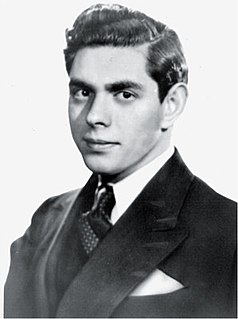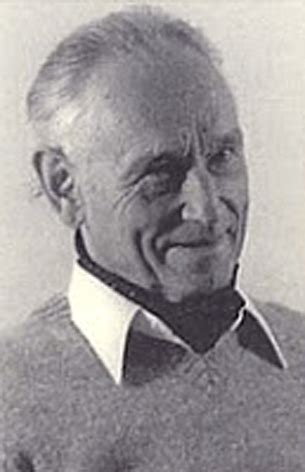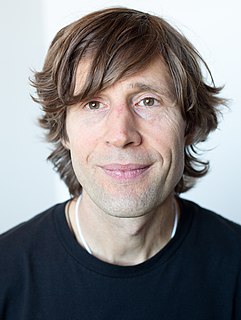A Quote by Joe Shuster
Jerry and I always felt that the character was enjoying himself. He was having fun: he wasn't taking himself seriously. It was always a lark for him, as you can see in my early drawings.
Related Quotes
The man who is meek is not even sensitive about himself. He is not always watching himself and his own interests. He is not always on the defensive… To be truly meek means we no longer protect ourselves, because we see there is nothing worth defending… The man who is truly meek never pities himself, he is never sorry for himself. He never talks to himself and says, “You are having a hard time, how unkind these people are not to understand you.
He almost said to himself that he did not like her, before their conversation ended; he tried so hard to compensate himself for the mortified feeling, that while he looked upon her with an admiration he could not repress, she looked at him with proud indifference, taking him, he thought, for what, in his irritation, he told himself - was a great fellow, with not a grace or a refinement about him.
No man could bring himself to reveal his true character, and, above all, his true limitations as a citizen and a Christian, his true meannesses, his true imbecilities, to his friends, or even to his wife. Honest autobiography is therefore a contradiction in terms: the moment a man considers himself, even in petto, he tries to gild and fresco himself. Thus a man's wife, however realistic her view of him, always flatters him in the end, for the worst she sees in him is appreciably better, by the time she sees it, than what is actually there.
Solitary. But not in the sense of being alone. Not solitary in the way Thoreau was, for example, exiling himself in order to find out where he was; not solitary in the way Jonah was, praying for deliverance in the belly of the whale. Solitary in the sense of retreat. In the sense of not having to see himself, of not having to see himself being seen by anyone else.
I've read some of Kurt Vonnegut letters from when he was young. He was a prisoner of war, and even when he was in his early twenties, there were things mentioned that showed up in his novels. One of the sweetest things in those letters was him wanting to be a writer but doubting himself, not having confidence in himself.
Beethoven’s music always struck me. Always. He had this fire you know. I remember reading this story of him going deaf and pushing himself into self-isolation and that’s where he became himself. And to me that was, wow. Don’t let anything poison your individuality. Be away, break away and look in not outward.








































